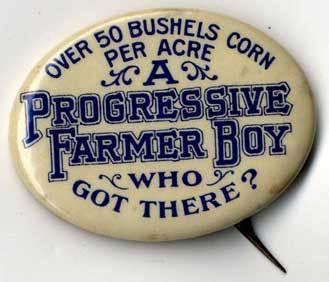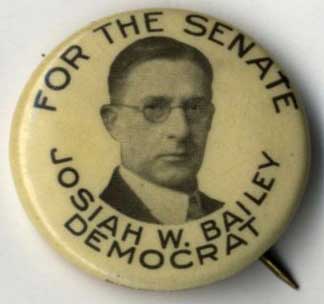“….The epithets ranged from mere familiar cognomens intended to bring him into contempt, like ‘Abraham,’ ‘Uncle Abe’ (cf. ‘Adolf,’ ‘Uncle Joe’) and ‘Old Abe’ to names carrying with them the imputation of meanness of character, physical ugliness, despotic pretensions: ‘The Criminal,’ ‘The Perjurer and Murderer,’ ‘The Widow-Maker,’ ‘Lying Fiend,’ ‘Vulgar Buffoon,’ ‘The Illinois Blackguard,’ ‘Vulgar Imitator of Royalty,’ ‘the detestable, drunken, would-be tyrant at Washington,’ ‘The Northern Ape,’ ‘The Monster,’ ‘The Baboon,’ ‘The Gorilla,’ ‘Fanatic Abe,’ ‘His Sable Excellency,’ ‘The Usurper,’ ‘The Tyrant,’ ‘The Despot,’ ‘King Abe’ and ‘Abraham the First, King of the Northern Nation.’
“Many editors… used the epithet without mentioning his name at all. When the Raleigh Register, for example, announced ‘Another Proclamation From the Tyrant,’ or when the Raleigh Standard called for recruits to ‘drive the hirelings of the Northern Ape back from…sacred soil,’ no further identification seemed necessary.”
— From “Malice Toward One: Lincoln in the North Carolina Press” by Richard Bardolph (Lincoln Herald, Winter 1951). Tomorrow’s excerpt addresses how the press depicted Lincoln and race.





